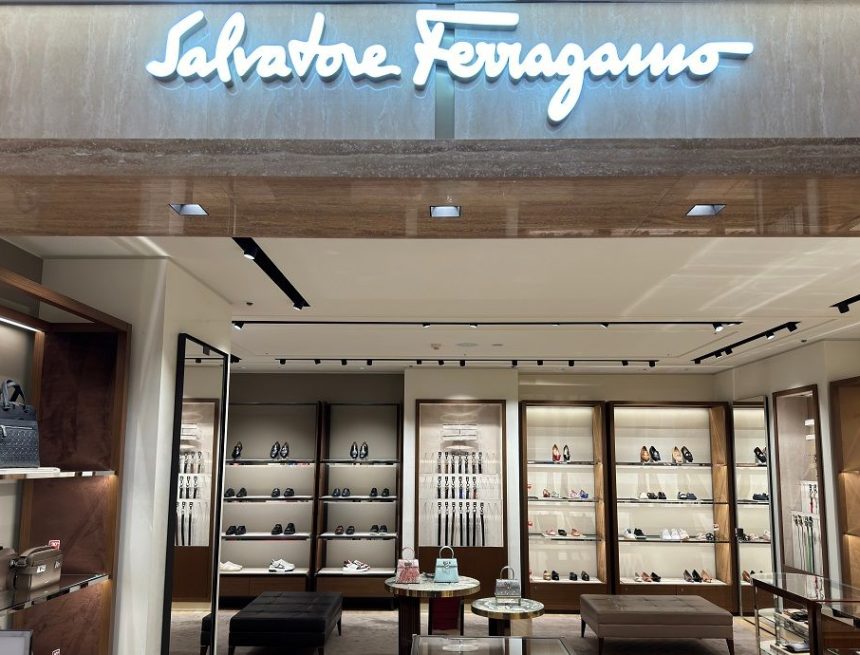Under Armour forecast full-year revenue and profit below Wall Street estimates on Thursday as the sportswear maker faces declining demand and higher tariff-related costs.
The Maryland-based retailer has been attempting to reset its business under founder Kevin Plank, who returned as CEO in March after sales declined over the last two years.
However, cautious consumer spending amid higher prices from the Trump administration’s import tariffs has weighed on the company.
Under Armour also said chief financial officer David Bergman would step down and be replaced by Reza Taleghani, CFO of American Tourister owner Samsonite.
“Eighteen months into its turnaround plan, Under Armour appears to be struggling to navigate both a challenging external environment and internal missteps,” said eMarketer analyst Sky Canaves.
As of May, about 30 percent of Under Armour’s merchandise was sourced from Vietnam, exposing it to Trump’s 20 percent tariff on Vietnamese goods and a 40 percent duty on trans-shipped items through the country. The company has said it expects $100 million in incremental tariff costs this year.
Under Armour, which had not issued an annual forecast since May, said it now expects annual revenue to decline by 4 percent to 5 percent, a sharper drop than analysts’ average estimate of a 4 percent decrease, according to LSEG data.
It also expects the current-quarter revenue to decline between 6 percent and 7 percent, compared to estimates of a 4.1 percent fall.
The company forecast adjusted per share profit between 3 cents and 5 cents, below the average expectation of 6 cents.
Second-quarter revenue fell 5 percent to $1.33 billion, slightly above the estimate of $1.31 billion. Adjusted profit of 4 cents per share beat expectations of 2 cents.
Shares of the company, down about 44 percent this year, fell about 2 percent in early trading.
By Sanskriti Shekhar
Learn more:
Under Armour Forecasts Downbeat Second-Quarter Sales
The Maryland-based sportswear maker has struggled to drive up demand in the past two years, with efforts to revive the business having hit more roadblocks in recent months due to the Trump administration’s shifting tariff policies.


